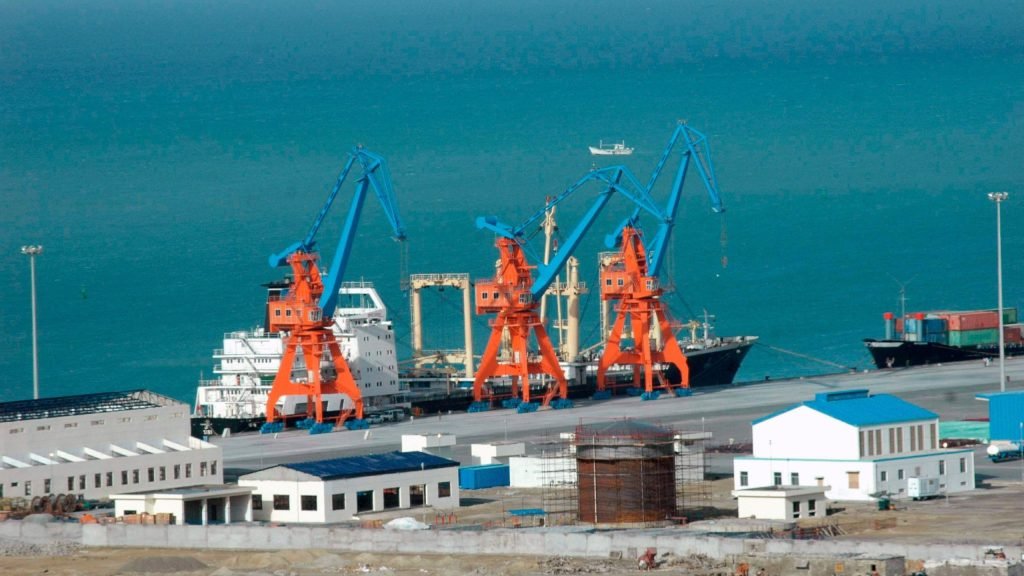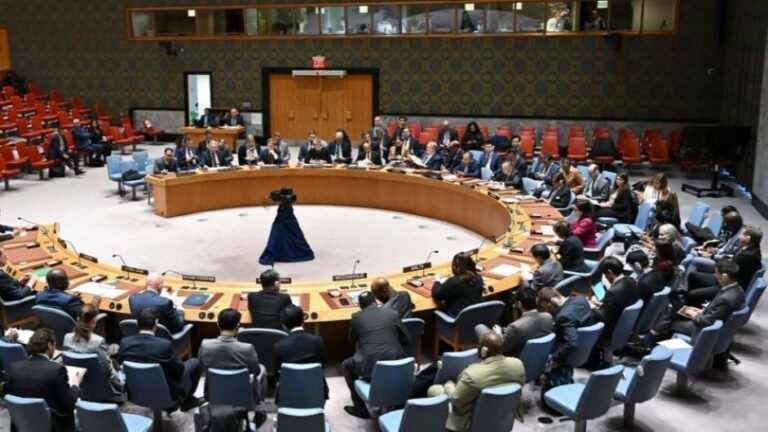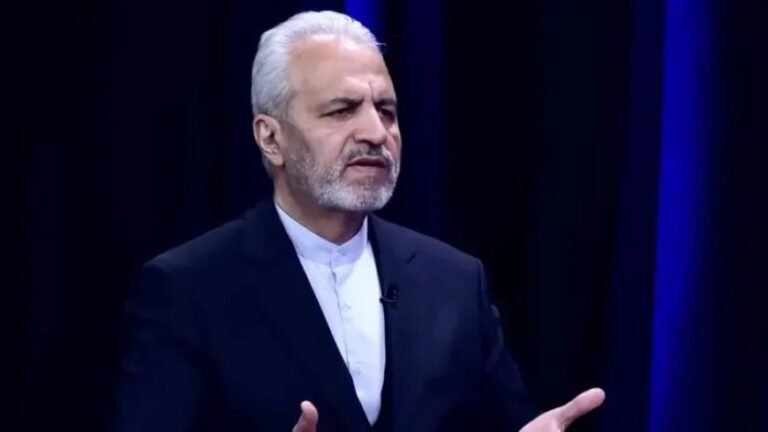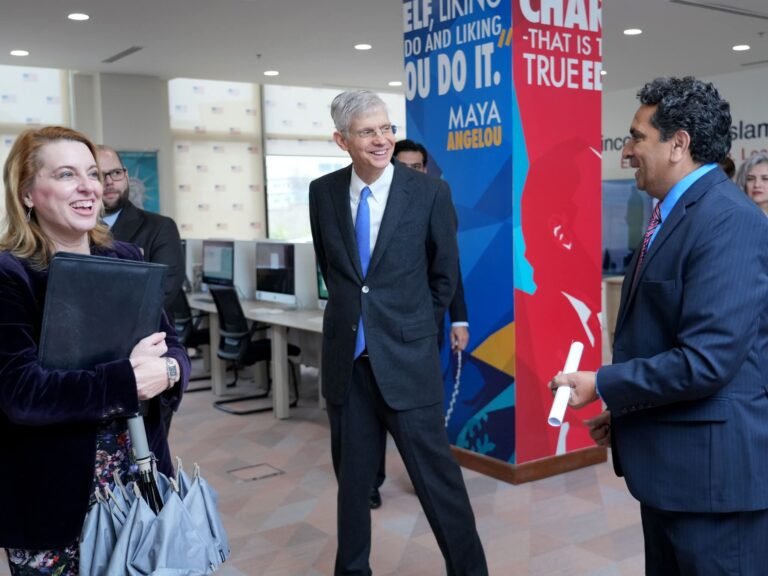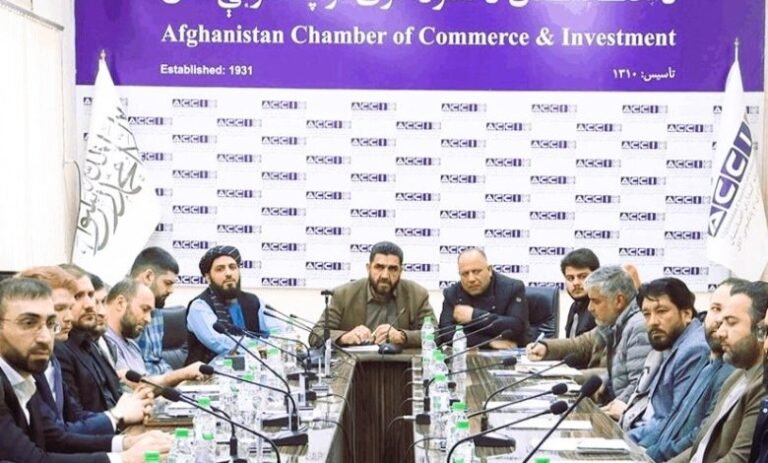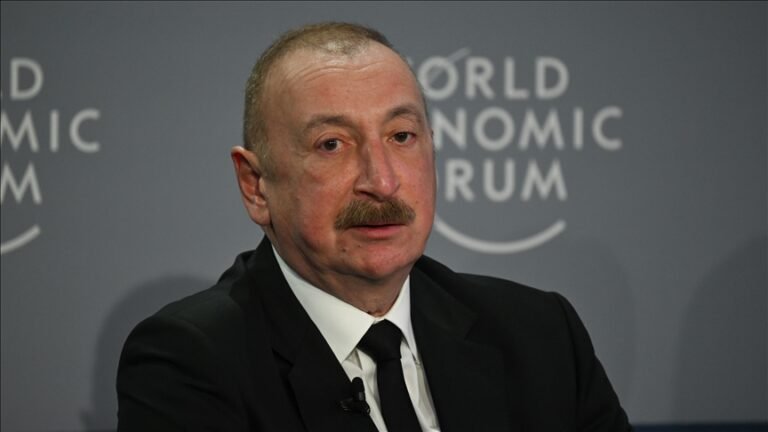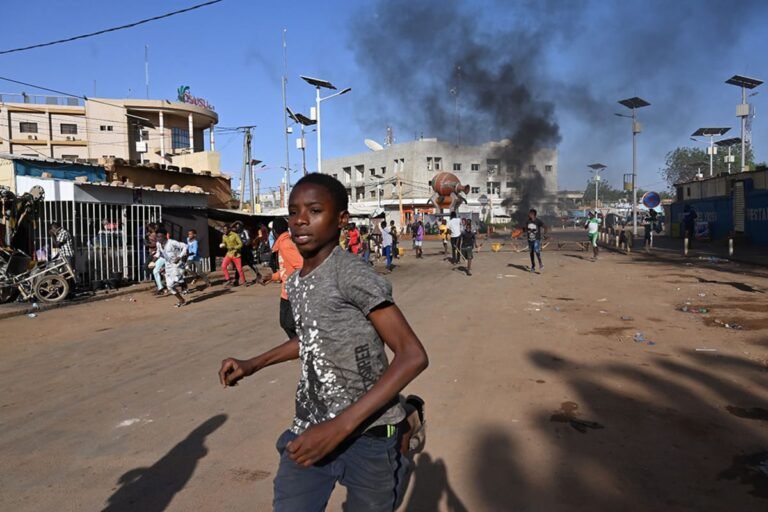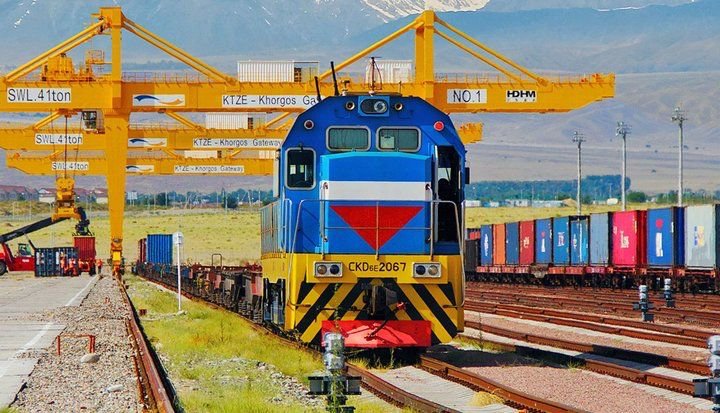Qudrat Ullah
The New Gwadar International Airport, the flagship project of the China-Pakistan Economic Corridor (CPEC), is scheduled for completion by September 2023. According to Chinese State Television CGTN, the second largest airport in Pakistan, launched in 2019, is a $230 million project funded by China and managed by China Airport Construction Group.
The Gwadar Airport is included in the number of projects being carried out in Balochistan province, which will give China access to warm waters and a deep-sea port in the Arabian Sea. Recently Prime Minister Shehbaz Sharif inaugurated the Gwadar Eastbay Expressway, which connects the port city to Karachi through Makran Coastal Highway.
When the expressway was planned, the fishing communities feared losing their livelihood and the prospect of getting relocated out of Gwadar city. Locals believed that it would limit access to the sea for fishing boats and threaten their centuries-old livelihood without any alternate plan. Later in 2019, the then Prime Minister Imran Khan assured them their concerns would be addressed, during his visit to the port city.
Since the launch of CPEC, the flagship project of the Belt and Road initiative (BRI), Pakistan and China have reached a new milestone. After the first phase, based on infrastructure, the second phase has been started, which will include establishing industries and economic zones. The economy of Pakistan is seeing a major shift as the CPEC is taking shape in the country.
In the age of economic integrity and changing political environment, Pakistan is keen to strengthen itself domestically and bring a much-needed change to Balochistan. After the launch of CPEC, the socio-political stability of the province has become crucial for political leaders and policymakers. With the development of Gwadar Port and other projects under CPEC, it is expected that necessary avenues for further economic benefits and connections with other provinces and regions will help support the economic development of Balochistan.
The restive province of Pakistan was neglected due to many problems, including security, political will, and lack of funds. It has remained a far flung area due to its vast terrain.
According to the CPEC plan, the projects for the people of Gwadar were road infrastructure, energy, port, airport, and health and basic facilities, including water.
In Balochistan, the energy projects under CPEC were the HUBCO coal power plant, Gwadar-Nawabshah LNG terminal, and Gwadar power plant. The Khuzdar-Basima highway and Dera Ismail Khan-Quetta highway were included in road projects. The Gwadar international airport and Gwadar smart port city were part of the infrastructure projects.
CPEC projects have the potential to revive and give new life to economic activities in the province of Balochistan, but at the same time, there are numerous concerns of the locals. People believe that the province’s share in the project is only 4.5 percent, and they fear the benefits may not flow to the locals.
Gwadar is yet to see the fruits of the promised “economic development” and “long-term prosperity.” As the local people say, “We are not against development that includes economic and social growth for us and does not destroy our homes and livelihood, but we are against the development that excludes us and leaves us empty handed.”
The Chinese projects and people have faced multiple attacks, including suicide bombings, and to safeguard them from such scenarios, the additional cost of security will make the projects more expensive. Conventional security for CPEC projects is essential, but state institutions cannot ignore the strategic and political context.
The state institutions are engaged in a broader dialogue with Baloch people, especially the youth. It is important to understand the perspectives on the ground and the change needed in approach; political actors should also initiate such processes.
The local people of Balochistan want development. After all, the majority of the population lives in rural areas. They also want to be part of that development and expect the center to resolve their concerns.
Suppose the plan and projects are carried out in true letter and spirit. In that case, the CPEC will provide roads, hospitals, schools, and economic opportunities to locals, particularly Baloch, eventually giving them the independence to decide their fate and not to be dictated by the anarchist elements.
*The author is a freelancer and media activist. He writes on political developments and security issues with a special focus on South Asia and the region. He can be reached at quddrat89@gmail.com
**The Diplomatic Insight does not take any position on issues and the views represented herein are those of the author(s) and do not necessarily reflect the views of The Diplomatic Insight and its staff
Established in December 2008, The Diplomatic Insight is Pakistan’s premier diplomacy and foreign affairs magazine, available in both digital and print formats.

